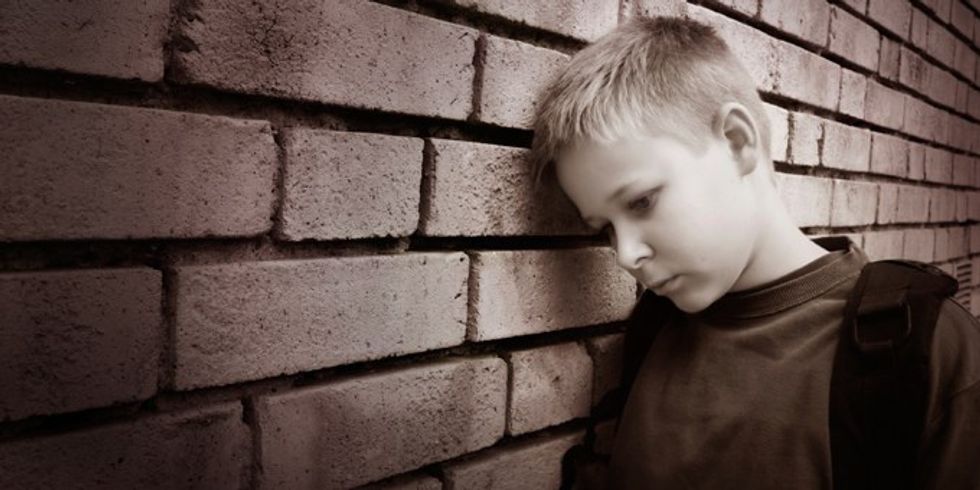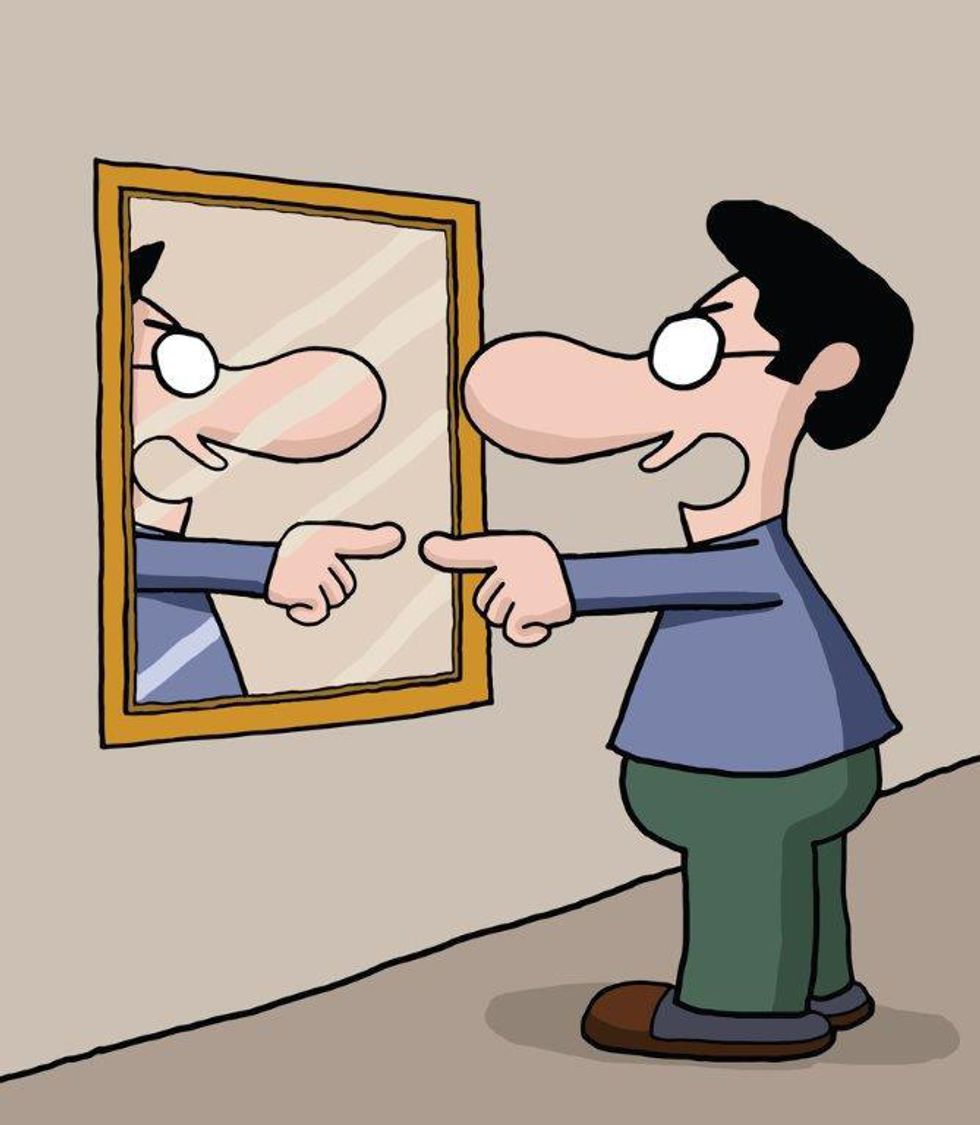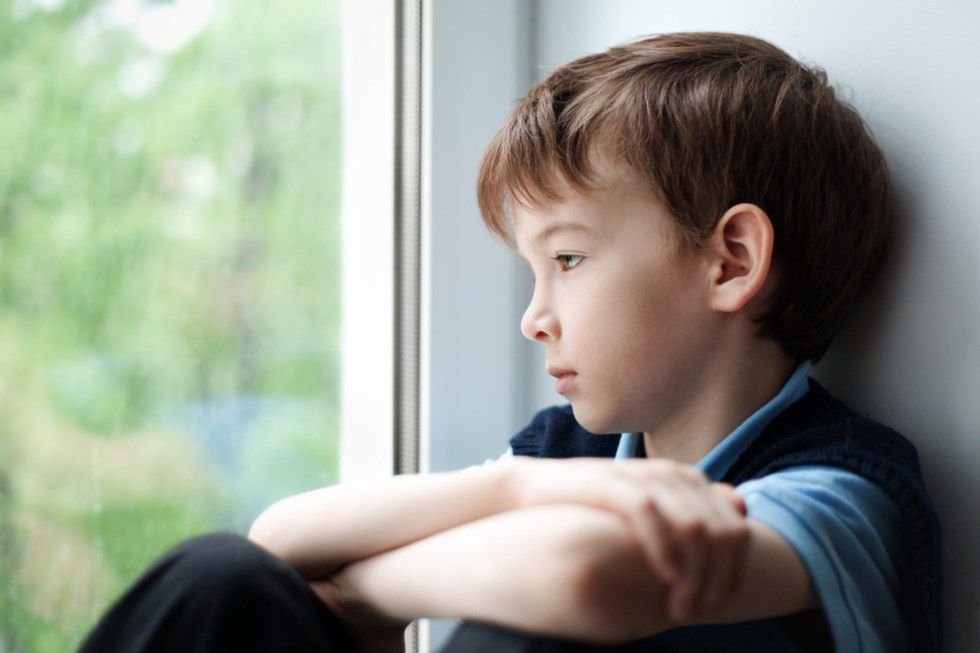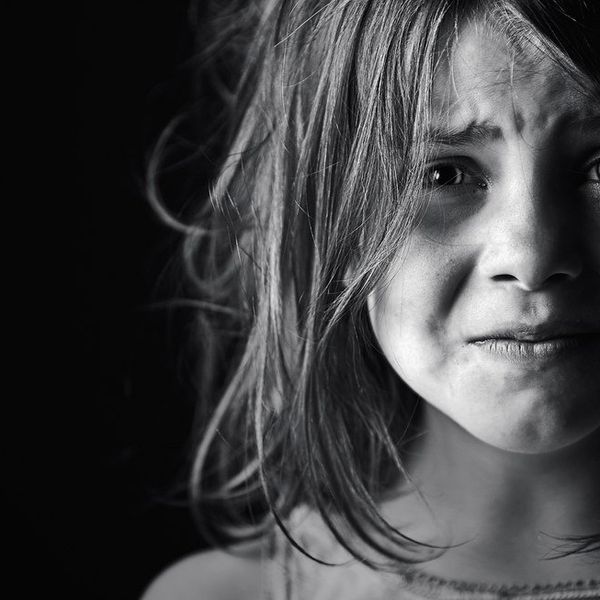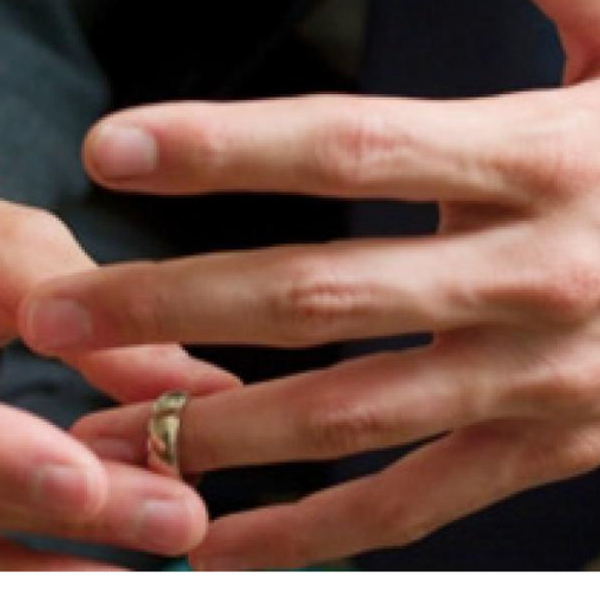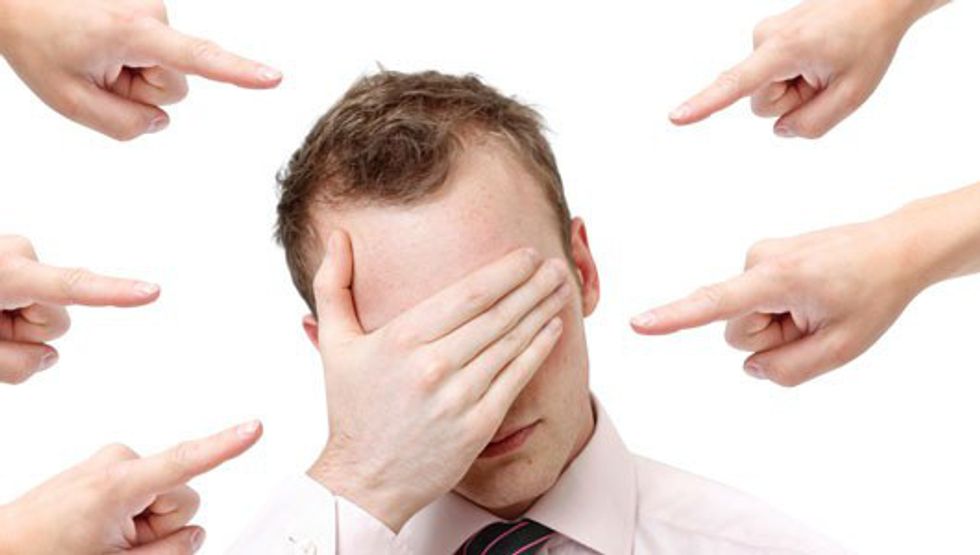We love our parents and we can't stand the idea that they are fighting. The constant yelling in the kitchen, the threats you hear your mom yell across the house threatening to kick kick your father out and the sight you see of your mothering crying in the bathroom is frightening. As a five-year-old or an eleven-year old you don't know what to think. You want your parents to be happy and you don't really know the cause of their fighting. You just know that they are mad and this isn't good. Maybe it is your fault that they are fighting; maybe it is your fault that they can't live a happily ever after and they are going to divorce very soon. As a parent or even a child post divorce, it is important to be aware that children of all ages may feel they are to blame for their parents' divorce. And in a child's head, blaming themself for the parent's divorce seems like the logical solution. The following piece will make you aware of the child's tendency to blame themself and it will serve the purpose as a reminder that the divorce is not the child's fault.

There is psychological research that tries to prove that many children feel that they are at fault for their parent's separation.
 In psychology, we have noticed this trend in preschoolers. According to Roseby and Johnston (1998),"Preschoolers are prone to self-blame. Their magical egocentric thinking at this age leads them to believe that their behavior directly caused the divorce, much as they perceive that the world revolves around them in all other matters. They often display heightened sexual and erotic play, which can cause concern of sexual molestation by one of the parents. Although a possibility in disrupted families, investigations have not revealed any increased incidence of sexual abuse."
In psychology, we have noticed this trend in preschoolers. According to Roseby and Johnston (1998),"Preschoolers are prone to self-blame. Their magical egocentric thinking at this age leads them to believe that their behavior directly caused the divorce, much as they perceive that the world revolves around them in all other matters. They often display heightened sexual and erotic play, which can cause concern of sexual molestation by one of the parents. Although a possibility in disrupted families, investigations have not revealed any increased incidence of sexual abuse."
And if a preschooler already has a tendency to think they are at fault, going through a divorce is not going to better their psychiatric state.
There is other research done on children of divorce and self-blame.
 There has even been other psychological data collected on children who face blame post divorce. We see in another study called "Aqualitative study of children's perspectives of their parents' divorce" by Sutton-Brown and Jane Elinor (1998), that children have a tendency to blame themselves for divorce even for children from 6-14 years. Although this study was only conducted on 10 children who participated in a six month psychoeducational workshop in San Diego on divorce and coping with it, the children from this study still reported feelings of blame and abandonment. While it isn't necessarily a representative sample of all children feeling blame post divorce, this research still proves a point that divorce can have a negative impact on youth.
There has even been other psychological data collected on children who face blame post divorce. We see in another study called "Aqualitative study of children's perspectives of their parents' divorce" by Sutton-Brown and Jane Elinor (1998), that children have a tendency to blame themselves for divorce even for children from 6-14 years. Although this study was only conducted on 10 children who participated in a six month psychoeducational workshop in San Diego on divorce and coping with it, the children from this study still reported feelings of blame and abandonment. While it isn't necessarily a representative sample of all children feeling blame post divorce, this research still proves a point that divorce can have a negative impact on youth.
But as a child of divorce, you have to look at these experiences positively.
 As children and throughout our lives, we are taught to look at every experience with a positive spin. We learn that just because our parents' divorce, that doesn't mean we can't achieve knowledge from these experiences. This experience of a divorce doesn't mean we can't find happiness and cope with bad feelings from the divorce when we have them.
As children and throughout our lives, we are taught to look at every experience with a positive spin. We learn that just because our parents' divorce, that doesn't mean we can't achieve knowledge from these experiences. This experience of a divorce doesn't mean we can't find happiness and cope with bad feelings from the divorce when we have them.
Remember, you aren't the only child whose parents have gone through a divorce.
 There are many children like you. No matter how old you are, it is okay to feel upset. It is okay to not know what answer is right and wrong when it comes to your parents.
There are many children like you. No matter how old you are, it is okay to feel upset. It is okay to not know what answer is right and wrong when it comes to your parents.
You may still have to go to court with your parents.
 And this doesn't mean your parents are mad at you. This doesn't mean they want to put you on the spot either. All this means is that they are trying to make your life better for you, whether it is having enough money to feed you or having the ability to see you more.
And this doesn't mean your parents are mad at you. This doesn't mean they want to put you on the spot either. All this means is that they are trying to make your life better for you, whether it is having enough money to feed you or having the ability to see you more.
Just know you aren't to blame for their divorce.
 The reason why you are going to court with them is not because they are mad at you. They are mad at each other. By going to court, you have the right to speak to a third party about how you feel so that you can seek the proper attention you need. But remember, it is not your fault your parents are divorcing.
The reason why you are going to court with them is not because they are mad at you. They are mad at each other. By going to court, you have the right to speak to a third party about how you feel so that you can seek the proper attention you need. But remember, it is not your fault your parents are divorcing.
